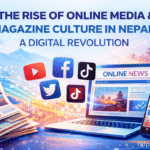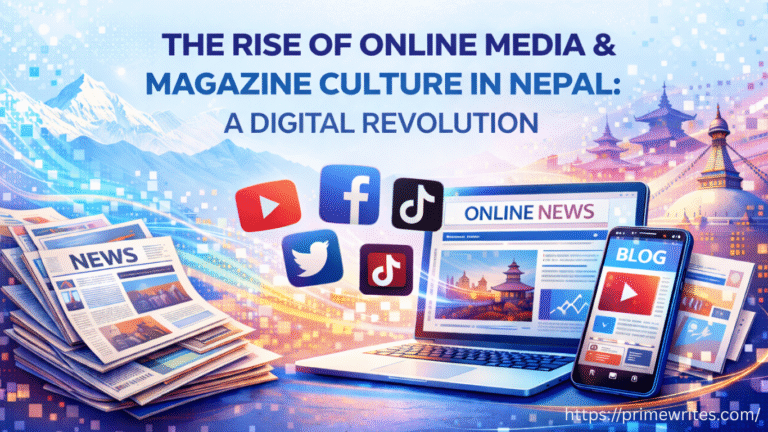
In a surprising move the government of Nepal has blocked some of the biggest social media platforms in the world. From September 4 2025 millions of users across the country found that they could no longer access Facebook Instagram YouTube WhatsApp X formerly Twitter LinkedIn Reddit and many more. In total 26 platforms were taken offline at once.
This sudden decision has created a storm of discussion because social media is not just about fun anymore. It has become a daily tool for education business communication and news. So why did the government take this step and what does it really mean for ordinary users and businesses in Nepal
Why the government banned social media
According to the Ministry of Communications and Information Technology social media companies must register in Nepal if they want to operate. They were told to appoint a local representative follow rules on harmful content and set up a system for user complaints. When most international companies failed to do this the government banned them.
The official reason for the social media ban in Nepal is to improve accountability reduce cybercrime stop fake news and prevent online misuse that could disturb peace and security. The Supreme Court had also ordered the government earlier to make sure that global platforms follow local rules.
Which platforms are still working
Not every platform went offline. Some companies quickly followed the rules and are still available. TikTok Viber WeTalk Nimbuzz and Poppo Live are open for now. Telegram and Global Diary have already applied for registration and may return once the paperwork is complete.
The government has said that as soon as a platform registers it can come back the same day. So the ban does not have to be permanent if companies agree to follow the requirements.
How people are reacting
The response has been mixed.
Civil rights groups and the National Human Rights Commission have warned that blocking access could hurt freedom of speech and people’s right to information. Many young people and entrepreneurs also feel worried. Students used YouTube for learning LinkedIn for finding jobs and Facebook or Instagram for business promotions. Losing these tools overnight creates real problems.
On the other side the government argues that this step is necessary to control misuse and protect national security. Some politicians support the decision but others suggest regulation and monitoring would have been better than a full ban.
What it means for businesses
For small businesses and content creators the ban is especially tough. Thousands of shops used Facebook and Instagram to sell products. YouTube channels were earning money and reaching audiences worldwide. Many freelancers depended on LinkedIn to connect with clients. Without these platforms their income and reach could shrink overnight.
Local platforms and apps may see a rise in users but it will take time for them to provide the same features and audience size as global networks. Businesses will have to quickly adapt or find new ways to connect with customers.
What happens next for social media in Nepal
The government has left the door open for platforms to return. If big tech companies decide to register and set up local offices or representatives services may be restored. But if they continue to ignore the rules people in Nepal may have to rely on the smaller apps that remain or turn to alternative ways of communication.
This ban is not only a political or legal issue. It is also a question of how Nepal shapes its digital future. Finding the right balance between safety regulation and freedom will be the key challenge ahead.


